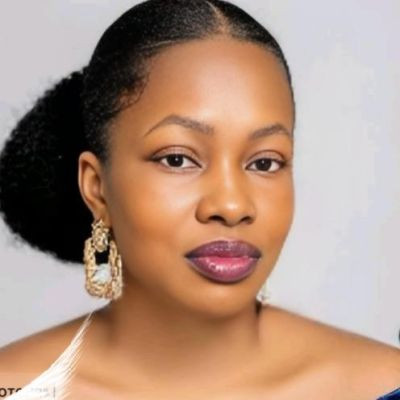Clarifying the Forces of Instability in Northern Mali - Panel 1
The Africa Center for Strategic Studies (ACSS) hosted a pair of expert panels February 6, 2013, that examined the actors and drivers of instability in northern Mali and the requirements for stabilizing this territory beyond the near-term military intervention. The roundtable, attended by more than 200 people in Washington, D.C., sought to highlight the complexity of the stabilization challenge in northern Mali.
Panel 1 -- "Clarifying the Forces of Instability in Northern Mali"
8:30 a.m. -- 10:15 a.m., Feb. 6, 2013
Washington, D.C.
Introduction by:
Joseph Siegle
Director of Research
Africa Center for Strategic Studies
Moderated by:
Benjamin P. Nickels
Assistant Professor of Transnational Threats and Counter-Terrorism Africa Center for Strategic Studies
Panelists:
Djallil Lounnas
Professor, Insurgency and Transnational Radicalism Al Akhawayn University, Ifrane, Morrocco
Rida Lyammouri
Northern Mali Analyst
Navanti Group
Mathurin Houngnikpo
Chair, Civil-Military Relations
Africa Center for Strategic Studies
"Beyond the Islamic militant groups, there are challenges of narcotics trafficking, the influence of criminal organizations, endemic corruption that has stymied development efforts, lack of trust of government, land disputes, longstanding perceptions of marginalization, and ethnic tensions," said Dr. Joseph Siegle, Director of Research at the Africa Center."Permeating all of these challenges is a recognition that Malian government institutions had grown increasingly hollow, in large part due to corruption and cooption by the narcotics networks," said Dr. Siegle, who organized the nearly four-hour event and moderated one of the two panels. "The weakness of the Malian military in fighting the militant threat, accordingly, is more of a symptom than a cause of the instability in the region." The event took place at facilities of the National Defense University and was attended by international diplomatic, military, and academic officials, as well as by representatives of nongovernmental organizations.
See: http://africacenter.org/2013/0....2/acss-panels-discus





















